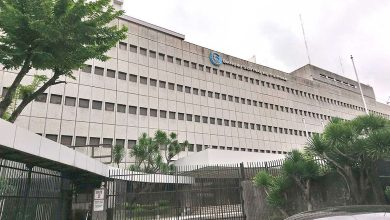Wimbledon seeding

There was a time when Wimbledon distinguished itself from all the other tennis tournaments, including the Australian, French, and United States Opens, by coming up with unique seedings. Instead of simply relying on world rankings to determine draws, it relied on a seeding committee until 2002, and then a formula that assigned points to players depending on grass court results over the last two years, but weighted for recency. Needless to say, the deviation from the norm generated controversy and not coincidentally resulted in accusations of bias.
At the turn of the decade, however, the All England Club decided to abandon its distinctive methods and simply toe the line. Naturally, the move was met with widespread acceptance, in no small measure underscoring the importance of world rankings and rewarding the exertions of players in going up the ranks. In addition, it supported the argument that the cream will invariably rise to the top regardless of bracket placement. Never mind that the peculiar manner in which the sport crowns its champions significantly limits matchup options. At any given fortnight, the ultimate winner will have gone through no more than seven opponents.
That said, there can be no arguing with the order at this year’s Wimbledon, with the two prohibitive favorites at the top of the heap. Conventional wisdom has them making their way to the final and doing battle for the hardware anew. Of course, it’s also fair to note that Novak Djokovic, the supposed second seed, has emerged victorious in the last four tourneys of the All England Club. Meanwhile, World Number One Carlos Alcaraz failed to go beyond the fourth round last year. Significantly, the former smoked the latter in the semifinals of the French Open.
Which, in a nutshell, is why pundits have given Djokovic a better-than-even chance of claiming a record 24th major title overall. No doubt, Alcaraz will want to buck the odds and prove that his ascent to the throne is no fluke. To play spoiler, though, he will need to be better prepared mentally and emotionally for the grind; he cannot have a repeat of his French Open performance, during which his failure to cope with tension and stress led to a physical breakdown. Given his unparalleled skill set, he’s likely to do better. How much better will determine whether he meets his potential.
Anthony L. Cuaycong has been writing Courtside since BusinessWorld introduced a Sports section in 1994. He is a consultant on strategic planning, operations and human resources management, corporate communications, and business development.




